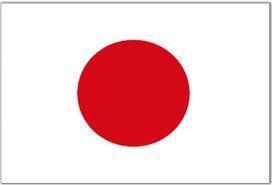
Concern over radioactive contamination of Japanese produce is cutting into export sales and undermining the country’s standing as a producer of high quality and safe agricultural products.
According to a report in the Asahi Shimbun, fresh produce exports from the country have plummeted since the Fukushima Daiichi nuclear power plant began leaking radioactive material following the earthquake and tsunami earlier in the year.
The value of apple exports during May fell by 86 per cent, compared to the previous year, to a value of ¥11.3m (US$146,600), the newspaper reported.
Apples, which are exported mainly to Taiwan, are the Japan’s main agricultural export.
Fruit and vegetable exports last year earned the country ¥17.3bn.
Of this a total of 21,074 tonnes of apples were shipped to foreign markets and accounted for 37 per cent of the country’s total fruit and vegetable exports in 2010.
Despite government-level initiatives to quell fears over contaminated produce in major export markets, consumers are still reluctant to buy Japanese products.
Making the situation worse is the fact the Japanese apple industry profits from premium prices due to its standing as a provider of high quality and safe produce.
However, with the loss of this perception, apple prices have fallen.
“We cannot export if we cannot make a profit,” an industry official told the newspaper. “If apples that would have gone to export end up in the domestic market the prices in Japan would also fall.”
Farm ministry officials reported that as of 12 August there were still 17 nations and regions that had bans on Japanese agricultural products in place.



